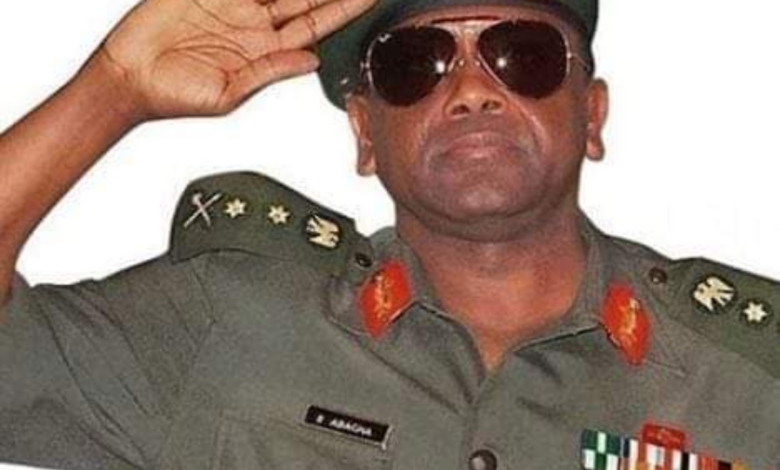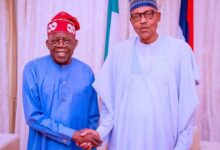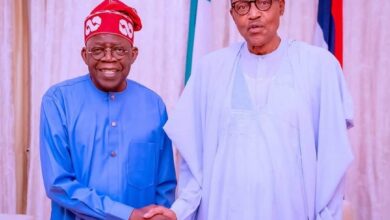General Sani Abacha is a controversial figure in Nigerian history, revered by some and despised by others

General Sani Abacha is a controversial figure in Nigerian history, revered by some and despised by others. He was the de facto President of Nigeria from 1993 to 1998. Abacha came to power through a military coup and ruled Nigeria with an iron fist during his time in office. While some Nigerians saw him as a strong leader who helped bring stability to the country, many others viewed him as corrupt and oppressive.
Abacha’s early military career began in 1963 when he joined the Nigerian Army. He quickly rose through the ranks and became the 10th Chief of Army Staff in 1985. During his time in the military, he was involved in several coups, including the 1983 coup that brought Muhammadu Buhari to power.
In 1993, Abacha announced himself as the President of Nigeria after a contested presidential election, which was annulled by the military a few months after. Abacha’s ascension to power was marked by a brutal crackdown on pro-democracy activists and political opponents. The regime banned all political parties, dissolved the National Assembly, and detained several human rights activists.
Under Abacha’s leadership, Nigeria suffered from widespread corruption and economic mismanagement. The country’s vast oil wealth was looted by the military regime and its cronies. Most Nigerians lived in poverty, and the country’s infrastructure was in a state of disrepair.
However, Abacha is credited for strengthening Nigeria’s military and security apparatus during his tenure. He improved the welfare of the troops and made significant investments in defense infrastructure. Abacha’s government also initiated a massive public works program that saw the construction of several highways, bridges, and other infrastructure projects.
Despite his efforts to instill discipline and order in Nigeria, General Sani Abacha’s regime was marred by human rights abuses, censorship, and persecution of political opponents. Abacha created a deep-rooted culture of fear and intimidation that prevented free speech and a free press.
Abacha’s reign came to an end on June 8, 1998 when he died suddenly of a heart attack. His death paved the way for a transition to civilian rule in Nigeria, which remains a democracy to this day.
In conclusion, General Sani Abacha’s legacy is a mixed one. While he is credited with some achievements, his regime was defined by repression, corruption, and economic mismanagement. His time in power highlighted the need for strong institutions and democratic governance in Nigeria. Today, Nigerians remember Abacha as a controversial figure whose actions had a profound impact on the country’s history.
arewanahiya.com







